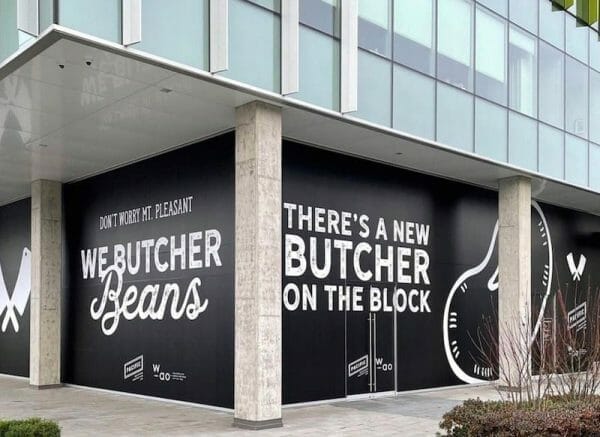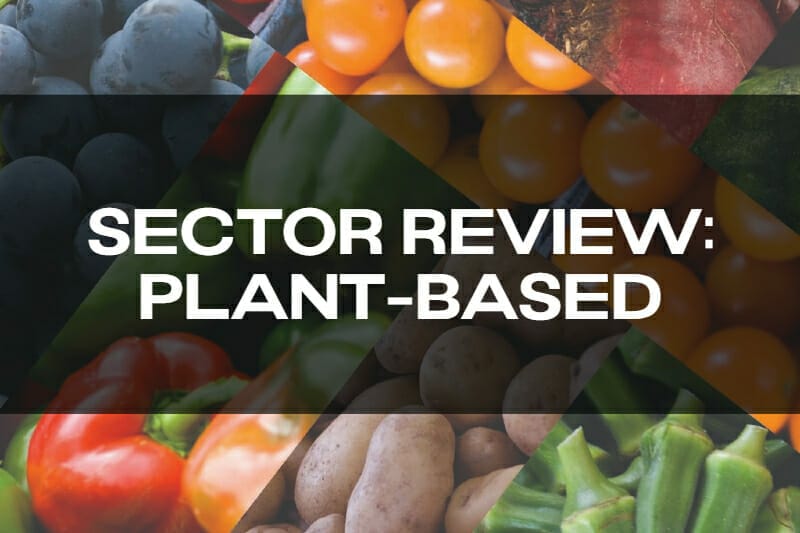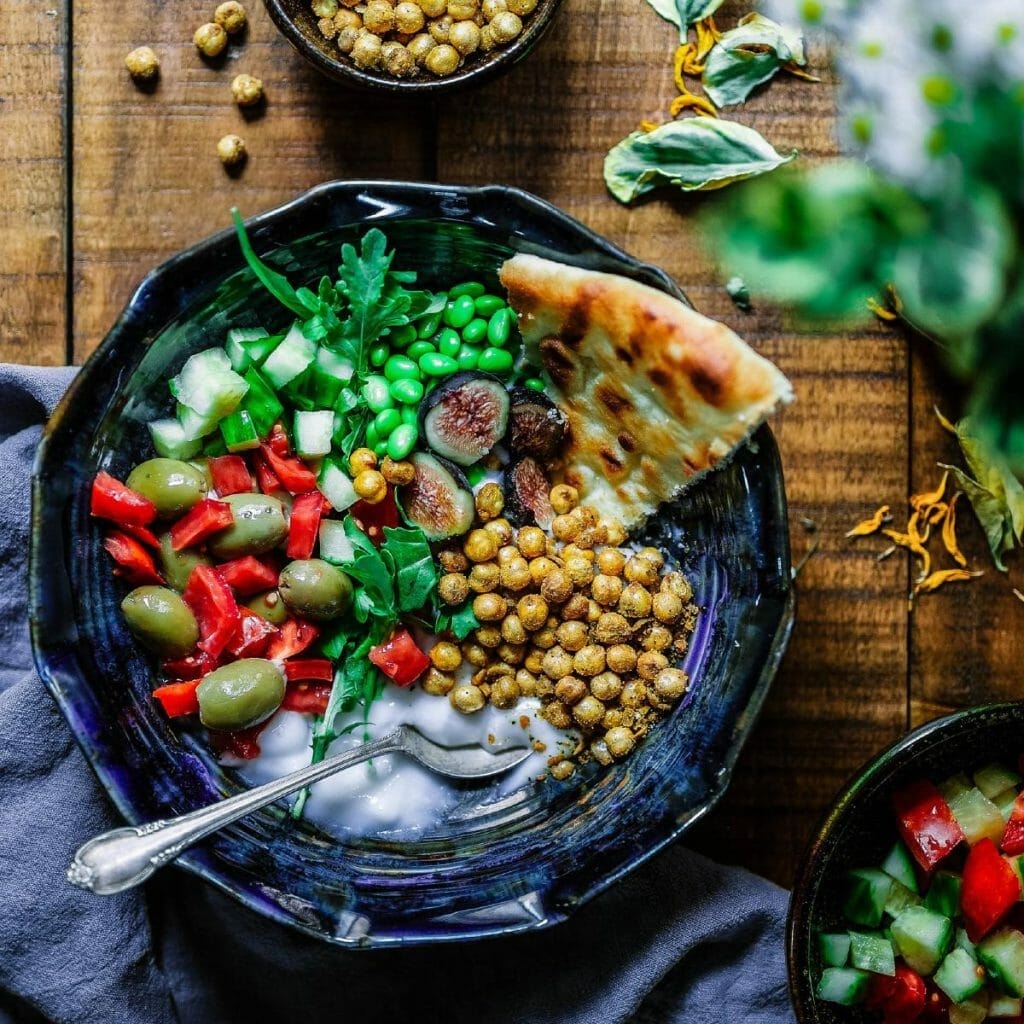The Very Good Food Company (VERY.C) has started producing products from the production line at their new Vancouver facility for both e-commerce and retail sales, according to a press release.
VERY fired up its first line in April 2021 at their new Rupert facility located in Vancouver, BC, and has been testing seven SKUs from its The Very Good Butchers brand product line.
“We are not only delivering on our ambitious production goals, but doing so flawlessly and in record time. The production of saleable product from our first production line at our Rupert facility is another exciting milestone in The Very Good Food Company’s strategic growth; demonstrating our ability to exceed expectations as we expand our operational footprint, enter into wholesale partnerships and engage new customers eager to rethink the way they eat,” said Mitchell Scott, VERY GOOD co-founder and CEO.
The Very Good Food Company is a plant-based food technology company with a simple mission: to get you to rethink your food choices by offering plant-based food options delicious enough to help make this dietary change the norm instead of the alternative. Their core product is The Very Good Butchers brand.
Now that they’re producing saleable products, the company is looking into planning a second production shift to meet with demand for its products in its expanding North American customer base, and for its impending launch of an online sales platform to field their UK expansion.
The products presently being produced at the Rupert facility include delicious, nutritious and minimally processed plant-based items like The Very Good Burger, Smokin’ Burgers, The Very British Banger, The Very Good Steak, the Very Good Dog, and the Very Good Pepperoni. The company also hit its new production target at their facility in Victoria. They increased production capacity by 20% to an average of 24,000 pounds per week from the previously reported amount of 20,000 pounds in December 2020, because of their new equipment and production labour.
—Joseph Morton







